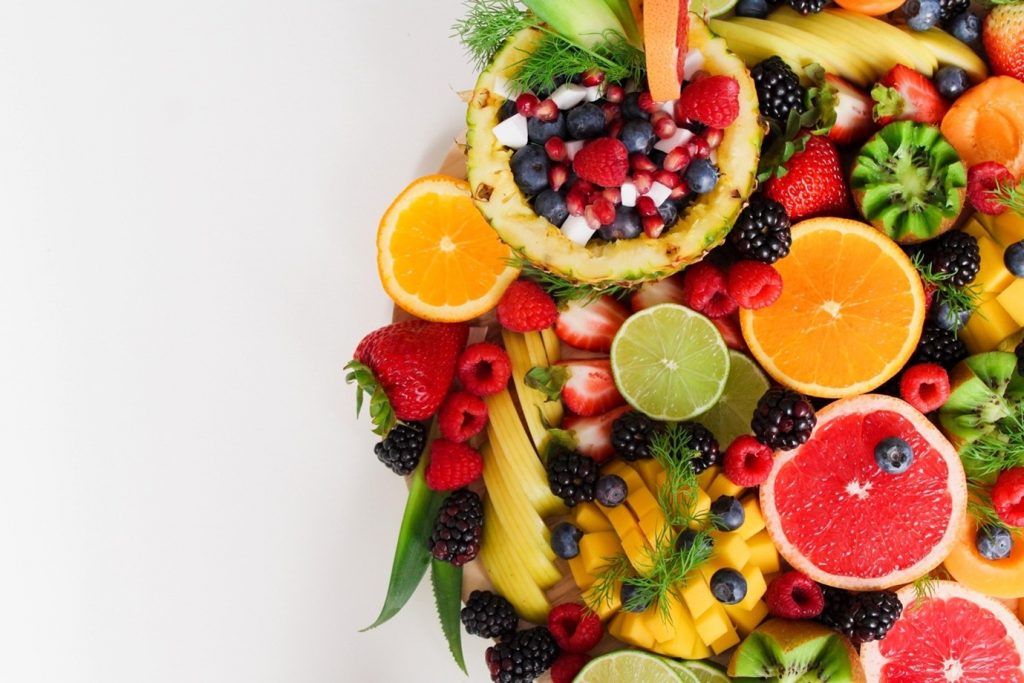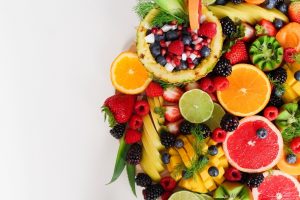There is much misinformation on the topic of healthy eating. Not just fried and fatty foods cause obesity and health problems. Sugar is the main issue. There is also danger from supposedly healthy foods. There are foods that are mistakenly considered healthy products.
In all people, and especially those with diabetes, the fat in their diet does not have a direct effect on blood sugar levels but eating a high-fat meal can slow digestion and make it difficult for insulin to function properly.
When you eat fatty foods, your liver produces more glucose due to insulin resistance. Eating too much-saturated fat can increase the level of LDL cholesterol in your blood. A high level of LDL cholesterol in your blood increases your risk of heart disease and stroke.
Foods and drinks that should be consumed in moderation
Pies with foil
Kasseropites, sausage pies, mushroom pies, bougatses (cream, cheese, or spinach), leek pies, spinach pies, and cheese pies are not a healthy way of eating and ideally should be excluded from our diet.
In 2021 during a study of AUA-EFET in random samples of bakery products from 123 companies, it was found that about 1 in 10 samples (11,4%) had industrially produced trans fats (I-TFA) above the legislative limit (>2% i-TFA on Total Fat).
These products were mainly related to Kourou cheese pies and bougatses with cheese. In other words, pies contribute to overall trans-fat intake, especially in adults 18-50 years old.
Even removing parts of the pie does not make it healthier, as its content has a large amount of saturated fat.
Alternative substitute
It does not exist; it is simply suggested consumption in a minimal amount.
Sweets with Stevia or other sweetening matter
Stevia rebaudiana is a bushy shrub native to Argentina, Brazil, and northeastern Paraguay. It is better known as a natural sweetener.
People consume Stevia to avoid health issues related to obesity, high blood pressure, and diabetes. But Stevia contains chemicals that are 200-300 times sweeter than sucrose sugar. Not all types of Stevia are safe.
In the vast majority of sweets with Stevia available from patisseries and supermarkets usually include other substances containing carbohydrates that lead to a depth of 3-5 hours to increased sugar.
Alternative substitute
There is no alternative. Just do not consume the product or consume a minimal amount.
Cereal and other bars
It may seem like a healthy snack, but bars aren’t always as healthy as they seem. Many of them, such as granola, are filled with sugar, even those called sugar-free.
This is because most bars contain more ingredients than the oats, nuts, and fruits usually listed on the packaging. Many are filled with palm oil, added sugars, artificial sweeteners, and other ingredients that do not help the body.
What to look for in a cereal bar? check the label carefully! E.g., 4 grams of sugar is the equivalent of a teaspoon. Some bars contain 6 or more teaspoons of sugar which are not always refined.
Alternative substitute
For a hearty snack prefer raw nuts.
Calorie-free soft drinks
According to an article published in the “Yale Journal of Biology and Medicine” in June 2010, artificial sweeteners can leave you dissatisfied and have an increased appetite, even if you have already consumed enough calories a day.
This is due to the intensely sweet taste of artificial sweeteners, which can also cause cravings for sugary foods, leading to excessive calorie intake. So, the artificial sweeteners found in these drinks can actually lead to weight gain and damage the body’s biochemistry.
Artificial sweeteners can also affect the production of essential proteins, which protect against obesity and type 2 diabetes. According to a study published in April 2009 in the journal “Diabetes Care,” people who daily consume light soft drinks have a 36% higher risk of developing metabolic syndrome and a 67% higher risk of developing Type 2 diabetes than people who do not consume them.
Check the ingredient list for aspartame, saccharin, sucralose, and acesulfame potassium. If one of these artificial ingredients is in your drink, then possible side effects for health can be created.
According to the Center for Science in the Public Interest, these artificial ingredients can cause thyroid problems. Some people also claim that artificial sweeteners cause headaches and dizziness.
According to the University of North Carolina, soft drinks, in general, light and non-light, can cause problems in your teeth and bones because they contain phosphoric acid that makes the drink acidic, which can cause erosion of your tooth enamel. Phosphoric acid also causes excess calcium to be excreted in the urine.
Alternative substitute
Limited consumption of 1 Can per day has no harmful consequences. A good alternative is drinking a glass of carbonated water with fresh fruit and mint leaves.
Low-fat milk
The main difference between the types of milk formula available is the fat content. Whole milk contains more fat and calories than skim (light) milk.
Low-fat milk gained popularity in the 1960s due to a trend against saturated fats, which are thought to lead to weight gain, and bad cholesterol (LDL), which was linked to heart disease.
Between 1975 and 2014, sales of Whole Milk fell by almost 61%, while sales of milk with 2% fat increased by almost 106%.
In the same period, sales of 1% fat and 0% (skim) milk increased by about 170% and 156%, respectively, according to USDA data.
According to various research, saturated or whole milk can lead to lower calorie intake.
The more fat a glass of milk has, the higher its omega-3 content. Omega 3 fats help the functioning of the heart and brain.
Alternative substitute
Calcium in milk is also found in almonds, broccoli, cabbage, oranges, beans, figs, and salmon. Milk is essential for children so you can prefer almond milk or soy milk.
Loaf
Bread is one of the primary sources of sodium in our diet. Even black bread contains sugar and salt. High salt consumption raises the pressure, increasing the risks of heart disease and stroke.
Processed flours can increase our blood sugars. According to the Harvard nutrition department, bread contains a high glycemic index leading to high blood sugar values.
Unlike fruits and vegetables, bread is relatively low in essential nutrients such as protein, fat, fiber, vitamins, and minerals.
Alternative substitute
Prefer bread rich in fiber with looking seeds and grains.
Margarine
Eating butter is not suitable for the heart, but unfortunately, the same happens with its supposedly healthy substitutes.
Most margarine commercially is produced with palm oil, which contains high amounts of saturated fat that can raise cholesterol.
Also contain trans fats, which increase LDL (bad) cholesterol and make platelets sticky, increasing the risk of heart disease.
Alternative substitute
The safest option is margarine made from olive oil.



